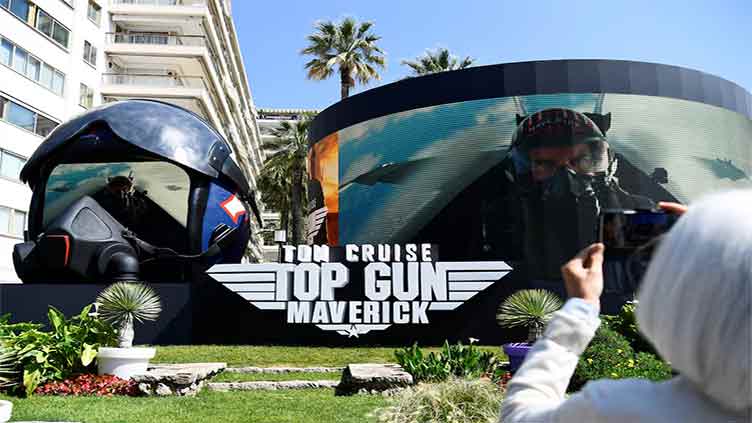'Top Gun: Maverick' lawsuit rejected by US judge

Entertainment
'Top Gun: Maverick' lawsuit rejected by US judge
(Reuters) - Paramount Pictures (PARA.O), opens new tab has won the dismissal of a lawsuit claiming its 2022 Tom Cruise blockbuster "Top Gun: Maverick" borrowed too much from a 1983 magazine article that inspired the original "Top Gun" film.
In a decision on Friday, U.S. District Judge Percy Anderson in Los Angeles said the sequel was not "substantially similar" to Ehud Yonay's "Top Guns", about the U.S. Navy's Top Gun fighter pilot training school in San Diego.
Yonay's widow Shosh Yonay and son Yuval Yonay, the heirs to his copyright, said they deserved some of the sequel's profits, after Paramount built a billion-dollar franchise off an article that "breathed life into the technical humdrum of a navy base".
Lawyers for the Yonays did not immediately respond on Monday to requests for comment. Paramount's lawyers did not immediately respond to similar requests.
"Top Gun: Maverick" featured Cruise reprising his role as U.S. Navy test pilot Pete "Maverick" Mitchell.
It grossed $1.5 billion worldwide, becoming Cruise's biggest film, and is the 12th highest-grossing film according to Box Office Mojo.
The plaintiffs, both from Israel, claimed that the fictional "Maverick" was "derivative" of nonfictional "Top Guns" because of similar plots, characters, dialogue, settings and themes.
Donald Trump suffered twin legal setbacks on Thursday, with judges in separate states rejecting Trump's bids to dismiss criminal charges against him.
But the judge said copyright law doesn't protect factual elements such as the identities of real people in "Top Guns", or familiar plot elements such as pilots embarking on missions, being shot down or carousing at a bar.
He also said copyright law doesn't protect themes such as "the sheer love of flying", or the only specific dialogue -- "Fight's on" -- identified in both works.
"No reasonable juror could find substantial similarity of ideas and expression," Anderson wrote.
Anderson also said Paramount wasn't required to credit Ehud Yonay in the sequel, as it had in the original "Top Gun" with a "suggested by" credit, after the Yonays in 2020 terminated Paramount's exclusive movie rights to his article.


